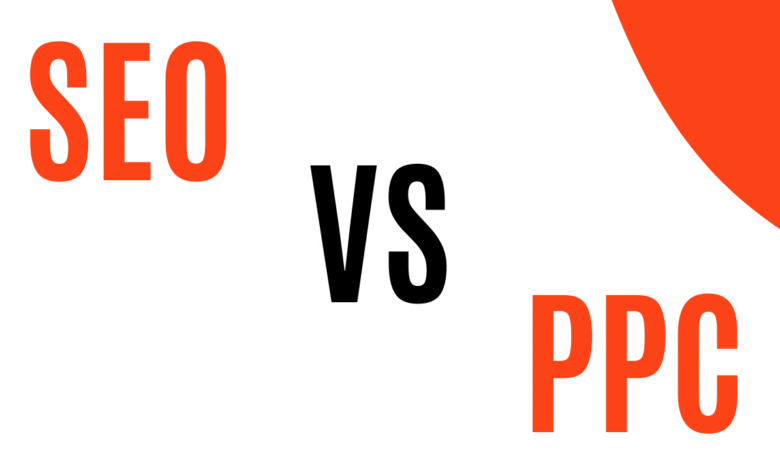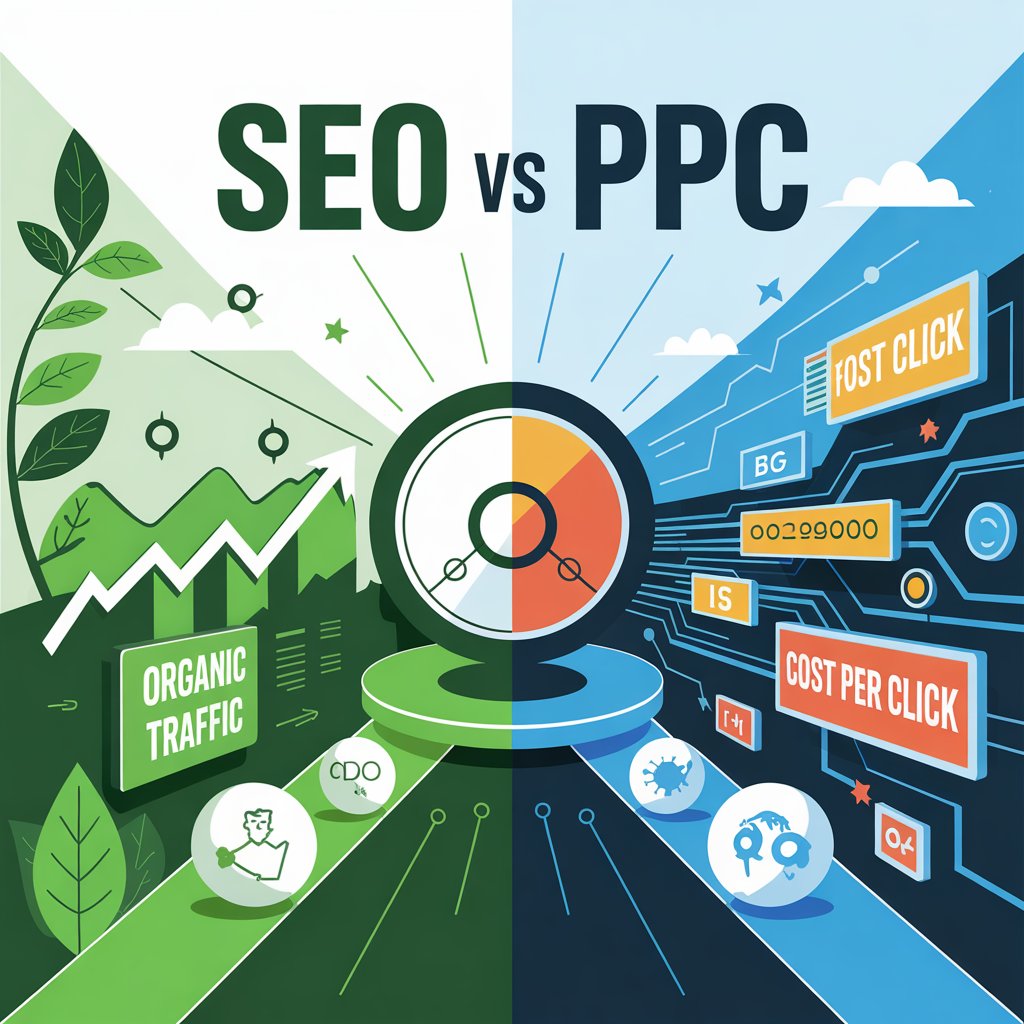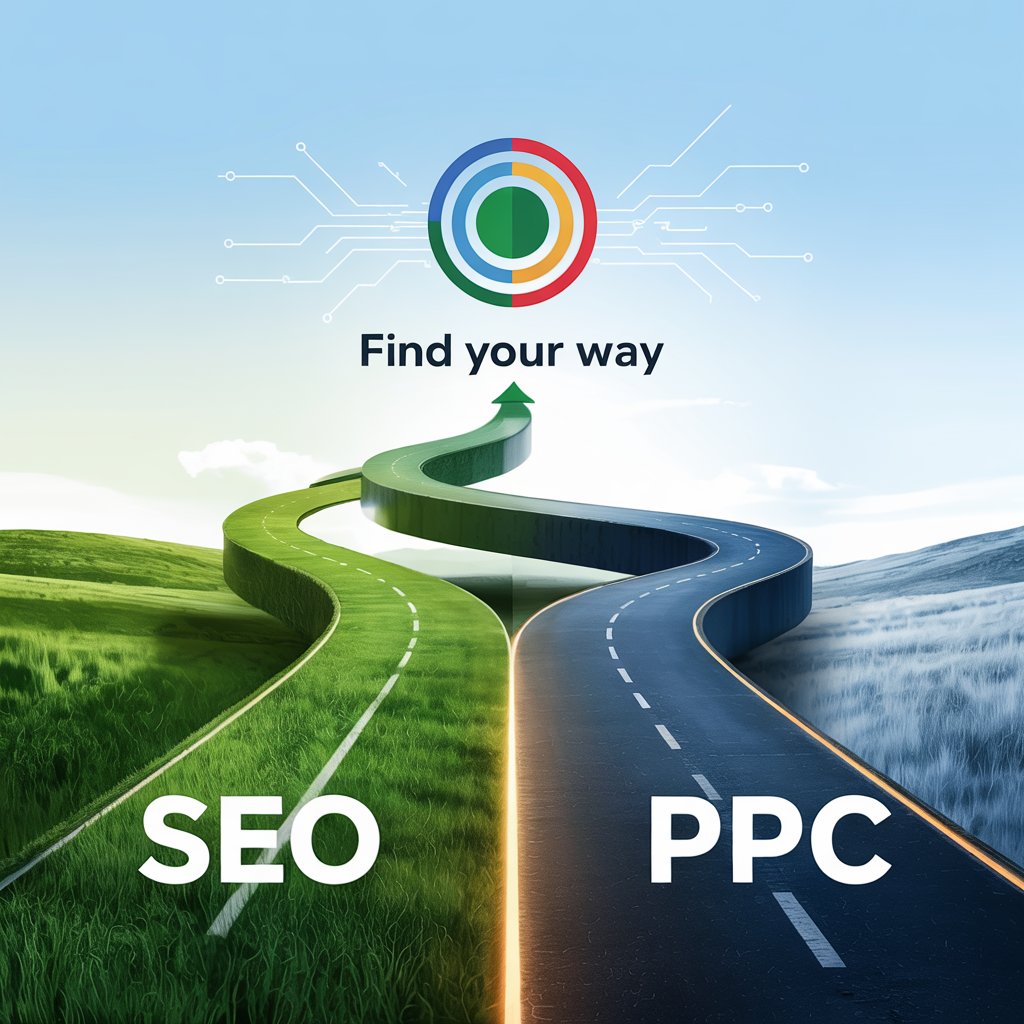SEO vs PPC: Which Digital Marketing Strategy Should You Choose in 2025?

With digital marketing changing rapidly, choosing any strategy is not necessary; rather, it’s important. Highly likely, as 2025 dawns, a key question agitating your mind is, “SEO vs PPC—what will secure my business better results?”
Search Engine Optimization (SEO) and Pay-Per-Click advertising (PPC) are the two strategies that stand above the rest when it comes to increasing online visibility. They are distinguished by their advantages, drawbacks, and desirable scenarios. This extensive comparison will inform you of what you need to bear in mind in selecting the correct pathway that fits your goals, budget, and timeline. Whether you intend to be established in the long run or you are looking for short-term wins, this book will cover it all.
Before diving in, you might also find our article on SEO vs SEM: Which Is Better for Your Business? helpful for understanding broader strategy decisions.
For more guidance, visit our SEO Services or PPC Advertising Solutions to see how we can help you grow.
Key Takeaways
- SEO is a long-term journey, not a quick race. It’s cost-effective, builds credibility, and sustains long-term traffic.
- PPC is a sprint, ideal for immediate results and targeting specific audiences quickly.
- Your business goals, timeline, and budget will determine the best strategy for you.
- Combining both can often yield the best results.

What is SEO?
Search Engine Optimization (SEO) refers to long-term activities that basically result in drawing a website into higher ranks in organic (unpaid) search engine results. SEO activities include improving the website according to keywords and improving users’ experience to receive backlinks from trusted sites with a natural search.
Key Features of SEO:
- On-page optimization (titles, headers, keyword usage)
- Off-page SEO (backlinks, domain authority)
- Technical SEO (site speed, mobile-friendliness)
- Content strategy
Pros of SEO:
- Cost-effective in the long run
- Builds trust and authority over time
- Increased click-through rates (CTR)
- Better long-term ROI
Con of SEO:
- Takes time to show results (the average is around 3-6 months)
- Algorithm changes may impact rankings.
- Need regular content as well as updates
“SEO is not something you do anymore. It’s what happens when you do everything else right.” Chad Pollitt.
What is pay-per-click?
Pay-per-click refers to the model of paid advertising in which you bid on keywords and pay a fee each time someone clicks your ad. Google Ads(ads.google.com).is the most common platform to use for PPC.
Need help implementing these practices? Visit our in-depth guide to SEO Best Practices for 2025.
Key Components of PPC:
- Keyword bidding
- Ad copywriting
- Landing page optimization
Budget management
Advantages of PPC:
- Instant visibility and traffic
- Highly targeted ads
- Easier measurement of the ROI
- Ideal for time-sensitive campaigns
Disadvantages of PPC:
- May be expensive, especially due to the competition
- Stop getting traffic once the ads stop running.
- Needs continuous optimization and testing
“PPC is like renting a house—you really benefit as long as you keep paying, but when you stop, everything ends.”
Want to get started fast? Check out our PPC Campaign Strategies guide.
SEO vs. PPC: A Side-by-Side Comparison
The visual representation of the SEO vs. PPC dilemma can be more easily understood. Each approach plays a critical and distinctive role within your marketing funnel. SEO is focused on establishing a solid foundation for sustainable organic growth. PPC is traffic that is stealthy, fast, and directed and eventually converts.
Before jumping in with both feet, you should ask yourself, do I need quick leads or investment in long-term growth digitally? That said, let’s go ahead and deal with it.
| Feature | SEO | PPC |
|---|---|---|
| Cost Over Time | Low (long-term) | High (ongoing costs) |
| Time to Results | Slow (3-6 months) | Fast (immediate) |
| Sustainability | High (long-term value) | Low (traffic stops without budget) |
| CTR | Generally higher | Generally lower |
| Trust Factor | Higher (organic results are trusted) | Lower (ads seen as promotional) |
| Conversion Rate | Medium | High (if well-optimized) |
| Campaign Control | Lower (dependent on algorithm) | High (full control over targeting) |
| ROI Potential | High over time | High if well-managed |
| Skill Requirement | Moderate to high | High |
| Best For | Brand building, organic growth | Promotions, quick leads |

When to Implement SEO?
SEO in 2025 is a long-haul game. If you are establishing a long-term brand, always providing, and continually building your industry credibility, those are your SEO power moves. There are no quick gains; this one is all about building a sustainable presence online over the years.
Here are situations in which SEO is a wiser decision:
Growth is long-term: SEO thrives on long-term investment. The more effort spent on quality content, backlinks, or optimization, the stronger the website.
If you have a low advertising budget, while one ceases paying for PPC, traffic generation stops immediately; SEO affords a little continuing expense in getting visitors.
To establish brand authority, the sites that feature at the top of organic searches earn trust from users. People clicking the non-paid listing do so because they consider it credible.
If you can invest in content marketing, SEO rests on fresh and valuable content. If you are prepared for consistent publishing—be it blogs, guides, or resources—your sources will return good dividends.
When search demand in the niche is steady: In terms of niche SEO, it works best for those industries in which people seem to be inquiring regularly for solutions, services, or information.
Look at SEO as the process of building equity in your online real estate. It may take time, but you own any value that it generates.”
Therefore, if you have patience, a vision, and a strong urge to own traffic straight away without the distraction of considering renting it—SEO is your action.
You should opt for SEO:
- You are creating a long-term brand.
- Your marketing budget is limited.
- You want to build organic credibility.
- You have time to invest in creating content.
When to Go with PPC?
This is immediate traction as opposed to the long game with SEO. If you want to see your name on the first page of search results tomorrow—or even the same day—PPC provides that swift lift. It is no longer about patience but rather about precision, speed, and conversion. In 2025, PPC is the number-one instant visibility avenue and attraction of leads when they want to convert.
Let us take a look at a few different scenarios in which PPC gets the upper hand:
Your timing could not be tighter: a rush sale, seasonal sale, launch of a new product, or last-minute offer—PPC brings traffic literally in seconds.
Build it, then test it. Start marketing there and then quickly validate whether your ideas belong there with PPC advertising.
This is one advertising form where everything is customizable, such as budgets, keywords, and demographics.
You have a crazy competitive niche: if you’ve been sitting there twiddling your thumbs while SEO takes months to mature, it’s time for PPC to show everybody what you can do.
Then, if your landing page and funnel are solid, good PPC traffic will only serve to convert better with optimized experiences.
“Think of PPC like flipping on a light switch—you get traffic the moment you turn it on. Just make sure the room (your site) is ready.”
You should lean toward PPC if:
- Immediate visibility and lead generation are critical for you.
- You work in a competitive or seasonal market.
- You have the budget for ongoing ad spend.
- Launching a new service, event, or time-sensitive campaign.
- PPC seems like a sprint, but it is an incredibly powerful one, supported by intelligent and data-driven implementation.
You should definitely take the PPC route if:
- When immediate results are required
- When a new product or campaign needs launching
- When a larger marketing budget exists
- When location, device, time, and other specifics are to be targeted

SEO and PPC combine into one hybrid strategy.
Why would anyone want to eat only one of the fruits when both can be savored? It is for this reason that many business organizations, which, despite the public’s perception of already being successful, cannot ignore the blatant and decompensating realities of this competition. Hybrid strategies usually incorporate the timely power of SEO and the immediate action of PPC. More importantly, these strategies combine rather than compete with each other.
It’s actually creating a very resilient yet adaptable digital ecosystem by blending SEO and PPC. Authority, trust, and organic footprint are being built up via SEO, and then PPC gives an instant boost to cash in on high-intent traffic.
That’s how a hybrid strategy boosts results:
- Best to play both timelines: immediate delivered results by PPC but time to grow SEO. Never miss traffic.
- Maximize Keyword Insights: Test PPC to know the best converting keywords, then maximize them in your SEO content strategy.
- Own more real estate in search results: With ads and organic listings at both ends, you actually dominate the visibility and trust-building exercise.
- Boost brand recognition: The more often they see a brand organically or through ads, the more likely they are to click, trust, and convert.
- Smart Retargeting: The organic visitors can be brought back through PPC remarketing ads to enhance overall conversion rates.
“SEO and PPC working together is like offense and defense in a game; every base is covered.”
It is strategic—the combination of SEO and PPC in a serious scaling plan for 2025. A company’s success in such endeavors would create a business with better brand visibility, increased insights, and agility in marketing.
Frequently Asked Questions (FAQ)
Q1: In 2025, does SEO beat PPC?
It all comes down to your individual needs and goals. Long-term strategy—building a trusted brand, increasing organic visibility, and driving traffic without having to keep coughing up cash—will, of course, put you in SEO’s corner; it is your durable digital real estate. However, if you’re launching something, promoting a time-sensitive offer, or need leads coming in fast, PPC will deliver. Indeed, the combination of both most often offers the best way up, giving coverage of both objectives in the long term versus the short term.
Q2: What is the average rate for a PPC?
Pricing for PPC varies greatly depending on the industry and keywords. For example, keywords related to law and insurance can cost anywhere from $20 to $50 per click. Others, such as e-commerce, may average between $1 and $4 for each click. The average CPC (cost per click) in the U.S. will typically fall between $1 and $4. But real value is also how well your campaign converts clicks to customers; thus, targeting, ad quality, and landing pages are just as important as your budget.
Q3: Can you do SEO and PPC simultaneously?
Absolutely, and it’s typically the smartest move. At the same time, most businesses will run PPC and SEO strategies, considering long-term business growth through SEO efforts while using PPC to work quickly in visibility. You can also use PPC to experiment with high-driving keywords and then funnel your SEO around them; this way, you get more data and options with a broader online footprint.
Q4: Deceptive: Does Google favor SEO or PPC?
One does not favor the other since they have different goals. Under natural search, SEO can be earned on the basis of relevance and authority. PPC advertisement appears for the simple reason that one is footing the bill to be seen. Both have critical roles in Google, and when used together, they help maximize the presence on the search results page.
Q5: How do I measure my SEO against PPC for ROI?
ROI for SEO is usually tracked over time by organic traffic growth, keyword rankings, and leads and/or sales generated from search. Because this is usually a long-term investment, measurable gains will often take months to develop. Meanwhile, you track almost instantaneous ROI for PPC by referring to metrics such as cost-per-conversion, conversion rate, and revenue generated. The keys to this are having sharply defined goals and using tools like Google Analytics and conversion tracking to get the most evaluatively effective performance data possible.
Conclusion: Your Optimal Strategy in 2025
An answer for whether to use SEO or PPC cannot be universal. A data-insightful strategic approach is needed for digital marketing in 2025. Go for SEO if you are looking for sustainable growth and long-term success. For those who seek fast results, product launches, or promotional offers, PPC can be applied as a strong weapon.
The best solution, however, would be to implement both strategies together. By establishing an SEO foundation while using PPC for immediate results, you create a strong marketing engine that can be modulated to respond to change and create ROI.
So beat yourself over the head and ask, What’s your marketing target for this year? This will help you derive your forthcoming.





